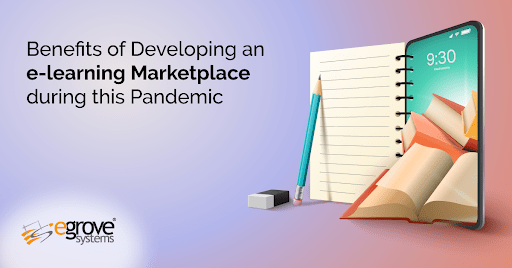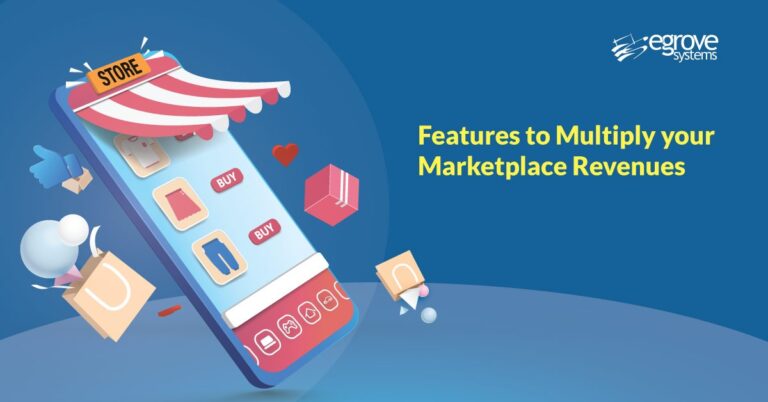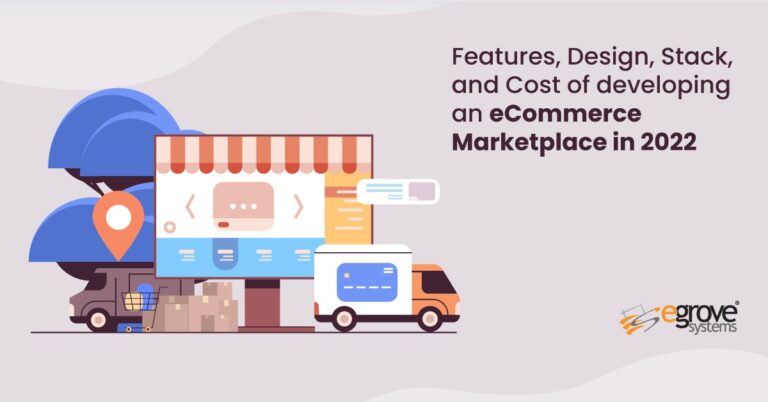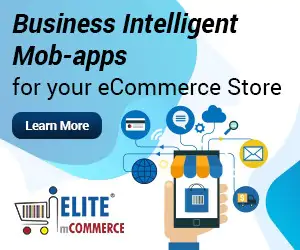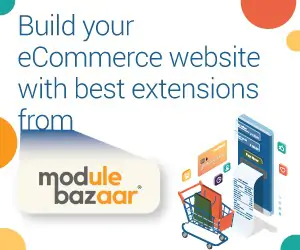With the digital landscape growing at a rapid pace, one thing that’s expected to stay for long is the e-learning structure. We can’t deny the benefits of online courses, especially in today’s time. If there is one thing every student and teacher has learned from the pandemic, it is the importance of online education and how it can prove beneficial and convenient for students in the long run. During the lockdown, students studied from the comfort of their homes. While some students said the experience wasn’t great because of the network issues and problems in communications, others were in favor of this learning format even when the pandemic ended. Online learning isn’t about taking your regular academic classes online. But in today’s internet-driven world, you can learn just about anything online. You must have heard of Coursera?
Well, it is the online e-learning marketplace that provides students with a variety of courses in different subjects. The platform covers almost every niche—from psychology courses to engineering classes. You name it and Coursera has it for you. The platform is so popular that many tutors have thought about building a similar marketplace at some point. The question is how can you build one and how can an e-learning marketplace help you during the pandemic. Let’s learn more about the e-learning marketplaces, their benefits, and some quick and effective tips for building a robust platform for online education.
What is E-learning Marketplace?
E-learning is exactly what the name suggests—learning through digital devices. If you have used these services before, you already know how they work and what they have in store for you. The e-learning marketplace is for students who want to pursue specific courses that can help them build their skills. The courses include short-term and long-term certified programs that are solely designed to build your strength and skills. Now, not every course is available for free. You will find both free and paid courses with basic to advanced level content. It goes without saying that the free version consists of the basic content, which tells you about the fundamentals of the subject.
Creating an online learning marketplace is easier said than done. What’s more difficult is sharing the right content, which gives value to your audience. The content you post on your website should not only be informative and valuable, but it needs to be good enough to help your students get better at the particular niche. The e-learning marketplace features one or multiple tutors who specialize in the course, create study material, give lectures, and help students prepare for the test. The best marketplace is one that offers courses on all academic levels, including school courses, university courses, and other programs.
Read also: 5 Recent trends of marketplace development to improve your e-commerce business
The best example of an online marketplace is Udemy. It is your one-stop destination to find the best online courses with certifications. Once you are done listening to the lectures, you can finish the exam and get your certificate of completion. Some certificates are internationally accredited ones, giving you better recognition and an opportunity to showcase your skills on your resume. These courses enhance your soft and hard skills, making you a better candidate for jobs at top organizations. Another great example is Coursera, an open-source learning program that aims to provide students with quality education remotely.
Steps for Building an Online Learning Marketplace
Choose a Platform
First things first, you need to select a CMS for your e-learning marketplace. Since it is an extensive website that will have content in all formats, you should select the best CMS. We recommend Magento 2, as it allows your tutors to publish courses in nearly every format, including PDF, docs, audio, video, and more.
Registration for Tutors and Students
The next step tells you how tutors and learners complete their registration. If you have chosen Magento 2, you can use its registration field for your tutor/learner registration. The signup process will remain the same, but you will use learners and students in place of seller and customer. People who are interested in sharing their courses through your platform should be able to complete registration without any hassle. Similarly, your students can create an account on your e-learning platform just by sharing their email accounts, mobile numbers, and other personal details.
Upload a Course
Once they have completed the registration process, the tutors are supposed to upload a course following the guidelines set by you. You have to set a duration limit for the course, although you can choose to give freedom to your tutors for keeping the limit to whatever they want. Remember that uploading a course on an e-learning marketplace isn’t difficult, but ensuring that it has value for your audience is important. It determines the success of the course, as well as your e-learning marketplace. That’s why you need to encourage your tutors to upload high-quality, informative, and engaging courses that provide value to your audience.
Add a Payment Method
The next and the most crucial step is adding a payment and banking section that helps the sellers and learners to complete a transaction. You need to add multiple payment methods to provide your users with the convenience of choosing a suitable banking method.
Add Support
Last but not least, you need to add a customer support option that allows your tutors and learners to get in touch with the support team if they face any problems while learning. Whether it is a technical issue or a problem with the course, your students need a robust support team so that they can have their questions answered and issues resolved as quickly and effortlessly as possible.
Benefits of Developing an Online Marketplace
Online marketplaces existed before the pandemic. However, the popularity of these services grew exponentially after the lockdown restrictions were implemented, and people had no other choice than to rely on online learning platforms. Now, they have discovered a new and innovative way of learning. Who wouldn’t want to apply for courses when they get the freedom of doing that online and at very reasonable prices? Here are a few other benefits of starting your own e-learning marketplace.
Flexible Learning Environment
The biggest advantage of the online learning marketplace is that it creates a seamless interface between teachers and students. It helps teachers make a passive income with their courses while allowing students to pursue the courses of their choice and earn online certification. The best part about these courses is that students get to learn at their own pace. They can take whichever course they want, start lectures, and complete them whenever they get time.
This method of learning works wonders for employees who can devote only a few hours a day to these courses. Similarly, students who are pursuing their bachelor’s or master’s degrees and need additional qualifications to improve their skills can consider the courses available in your online marketplace. Besides that, e-learning provides your audience with an option to choose a learning medium of their choice. It also reduces the learning time, as you get the flexibility of watching lectures on the go and making notes while traveling or resting at home. Basically, there is no fixed timeframe for completing a course or taking lectures.
Scalability
With an online learning medium, you can provide training materials and courses to students based in different corners of the world easily. As an educator, it is possible for you to reach out to a large number of students online than you’d do in a traditional setting. Finding students for your courses is never going to be a problem since more and more companies are looking for online training programs. Students also need flexible learning methods so that they can take whichever course they want. You can try online learning platforms to onboard new members and provide exceptional training to athletes, employees, students, and professionals of all skill levels and expertise.
Personalized Learning Experience
Not every student can complete the course in a week and get a certification of completion after taking the test. Some students are quite good at completing online courses quickly, while others take time. Whether it’s because of their busy schedule or their slow learning pace, traditional learning formats are never flexible for students. They don’t offer a personalized learning experience, making it super difficult for students to complete their training as required.
Higher Retention
If you have ever taken an online course, you know how it’s much better than traditional learning models. In addition to giving you the freedom of taking the lectures whenever you like, these courses allow you to replay the recording of each course multiple times. This helps them grasp the concept more clearly.
Bottom Line
You can develop a marketplace mobile app for e-learning on Magento 2 or other CMS. Hire the best mobile app development companies to build a high-quality, seamless, and functional website, as well as, an application for your e-learning marketplace. Find tutors and build a community of students enrolling in different programs.

